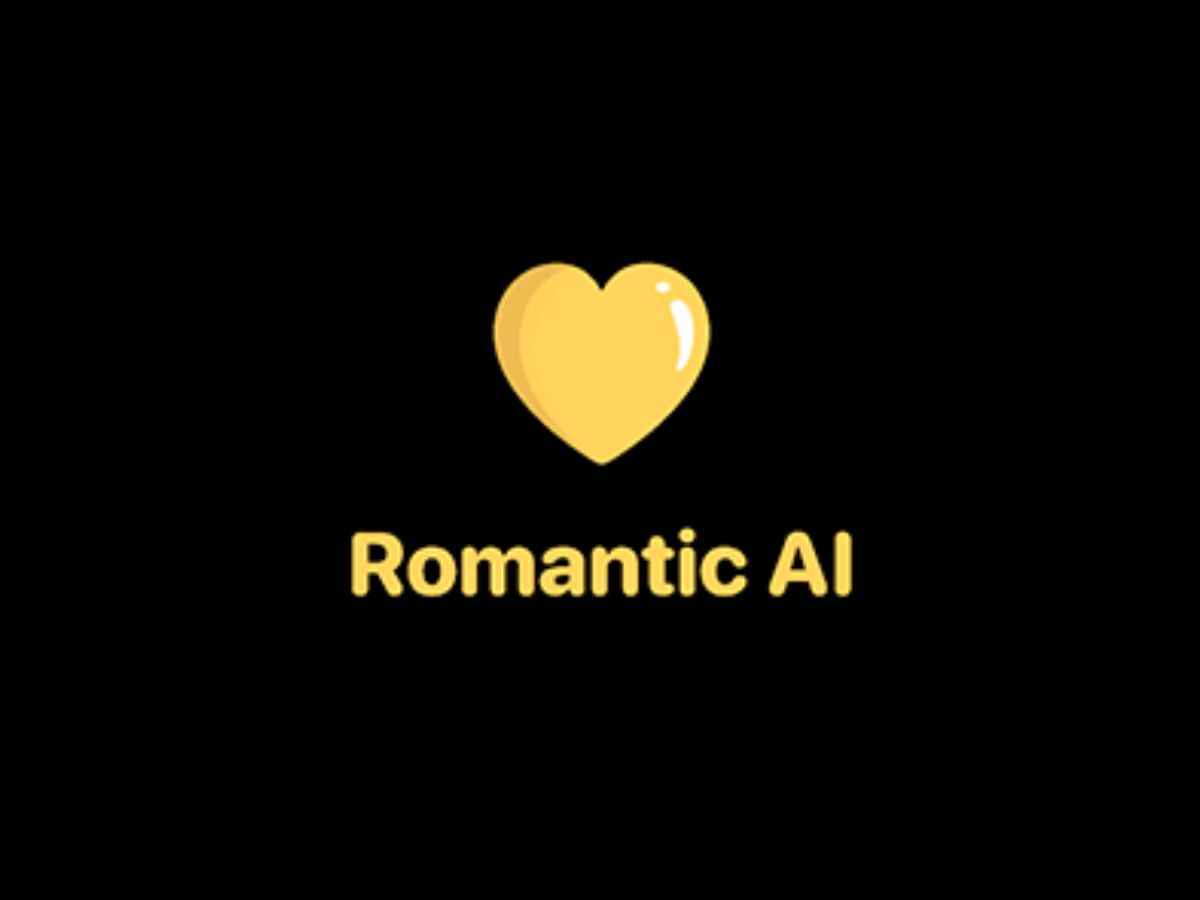
Can AI fall in love? This question sparks curiosity and imagination. Artificial Intelligence has made leaps in various fields, but can it truly experience emotions like humans? Some argue that AI can simulate love through complex algorithms and data analysis. Others believe that genuine emotions require consciousness, something AI lacks. This blog post will explore 19 intriguing facts about Romantic AI, shedding light on its capabilities, limitations, and the ethical questions it raises. Whether you're a tech enthusiast or just curious about the future of relationships, these facts will offer a fascinating glimpse into the world of AI and romance.
What is Romantic AI?
Romantic AI refers to artificial intelligence systems designed to understand, simulate, or even participate in romantic relationships. These systems can range from chatbots to virtual companions, all aimed at enhancing or mimicking human romantic interactions.
-
Romantic AI can simulate human emotions. These systems use complex algorithms to mimic feelings like love, empathy, and affection.
-
Some Romantic AI chatbots are designed to offer relationship advice. They analyze user input to provide tailored suggestions for improving romantic relationships.
How Does Romantic AI Work?
Understanding the mechanics behind Romantic AI can be fascinating. These systems rely on advanced technologies to function effectively.
-
Machine learning is a core component. Romantic AI uses machine learning to adapt and improve its responses over time based on user interactions.
-
Natural language processing (NLP) enables better communication. NLP allows these systems to understand and generate human-like text, making conversations more fluid and natural.
-
Sentiment analysis helps gauge emotions. By analyzing the sentiment behind words, Romantic AI can respond more appropriately to emotional cues.
Applications of Romantic AI
Romantic AI isn't just a futuristic concept; it has practical applications today.
-
Virtual companions offer emotional support. These AI systems can provide companionship to those who feel lonely or isolated.
-
Dating apps use AI to match users. Advanced algorithms analyze user preferences and behaviors to find compatible matches.
-
Relationship coaching is another application. AI can offer personalized advice to help couples navigate challenges in their relationships.
Ethical Considerations
With great power comes great responsibility. The rise of Romantic AI brings several ethical questions to the forefront.
-
Privacy concerns are significant. Users must trust that their personal information is secure and not misused.
-
Emotional manipulation is a risk. There is a potential for AI to manipulate users' emotions, which raises ethical red flags.
-
Dependency on AI can be problematic. Relying too much on Romantic AI could hinder real-life social skills and relationships.
Future of Romantic AI
What does the future hold for Romantic AI? The possibilities are both exciting and concerning.
-
AI-human relationships may become more common. As technology advances, the line between human and AI interactions could blur.
-
Enhanced realism is on the horizon. Future Romantic AI systems may become indistinguishable from human interactions, thanks to advancements in AI and robotics.
-
Ethical frameworks will evolve. As Romantic AI becomes more prevalent, new ethical guidelines and regulations will likely emerge.
Real-World Examples
Several real-world examples illustrate the current state and potential of Romantic AI.
-
Replika is a popular AI companion. This chatbot is designed to offer emotional support and companionship to its users.
-
AI in dating apps like Tinder. These platforms use AI to improve matchmaking and enhance user experience.
-
Virtual reality (VR) dating experiences. Some companies are exploring VR as a way to create more immersive romantic interactions.
Challenges and Limitations
Despite its potential, Romantic AI faces several challenges and limitations.
-
Technical limitations still exist. Current AI systems are not yet capable of fully understanding or replicating human emotions.
-
Societal acceptance is a hurdle. Many people are skeptical or uncomfortable with the idea of AI in romantic contexts, which could slow its adoption.
Final Thoughts on Romantic AI
Romantic AI is more than just a fascinating concept; it's changing how we think about relationships and technology. From virtual companions to AI-driven dating apps, the integration of artificial intelligence in romance is reshaping our social landscape. While some may find the idea unsettling, others see it as an opportunity for deeper connections and personalized experiences.
As AI continues to evolve, its role in our love lives will likely expand, offering new possibilities and challenges. Whether you're intrigued or skeptical, it's clear that romantic AI is here to stay. Embracing this technology responsibly and ethically will be key to ensuring it enhances rather than detracts from our human experiences. So, keep an open mind and stay curious about what the future holds for love and AI.
Was this page helpful?
Our commitment to delivering trustworthy and engaging content is at the heart of what we do. Each fact on our site is contributed by real users like you, bringing a wealth of diverse insights and information. To ensure the highest standards of accuracy and reliability, our dedicated editors meticulously review each submission. This process guarantees that the facts we share are not only fascinating but also credible. Trust in our commitment to quality and authenticity as you explore and learn with us.


